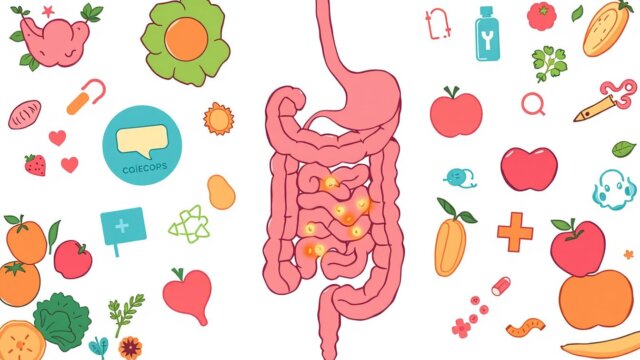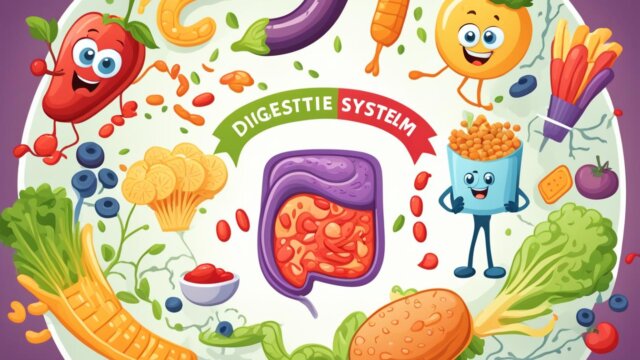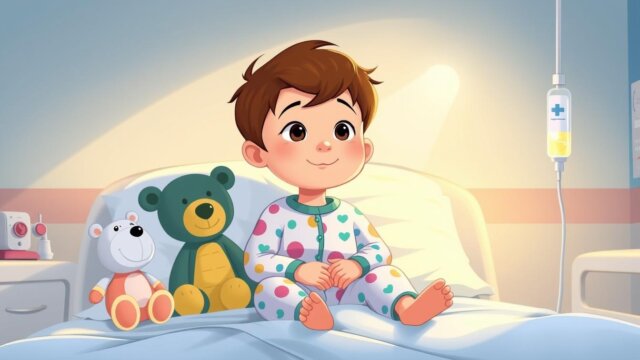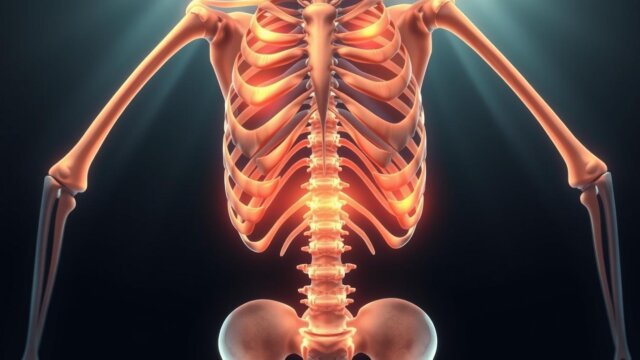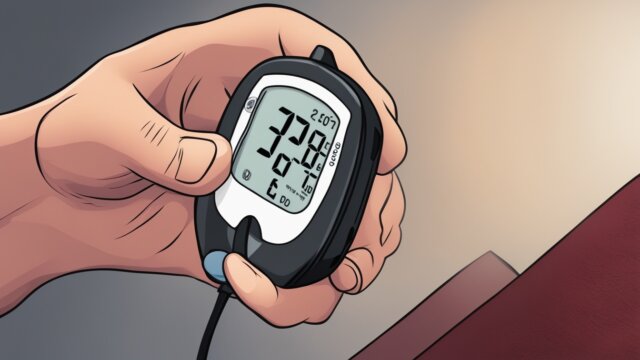FTC disclaimer: This post may contains affiliate links and we will be compensated if you click on a link and make a purchase.
Did you know, up to half of kids with ADHD have a learning disability too? This fact shows how ADHD and learning disabilities are closely tied. They both can make school hard. As you read on, you will learn about ADHD, learning disabilities, and how we can help.
ADHD isn’t a learning disability by itself. But it does affect how we learn. It makes some things hard, like keeping focus, handling emotions, and stopping impulsive actions. Learning disabilities, on the other hand, make reading, math, or writing tough to grasp. Even though they are different, many with ADHD also have a learning disability. This is called comorbidity. Experts think up to half of those with ADHD could have a learning disability too.
Key Takeaways
- ADHD and learning disabilities (LDs) are distinct but often overlapping conditions that can impact the learning process.
- ADHD affects global executive functions, while LDs make it difficult to acquire specific academic skills.
- Comorbidity, the co-occurrence of ADHD and LDs, is common, with up to 50% of individuals with ADHD also having an LD.
- Understanding the relationship between ADHD and LDs is crucial for providing appropriate interventions and support.
- A comprehensive approach that addresses both ADHD and LD, when present, is often necessary for optimal outcomes.
Understanding ADHD
ADHD, or Attention-Deficit/Hyperactivity Disorder, is a condition that affects how someone thinks, feels, and acts. It comes from differences in the brain’s prefrontal cortex. This part controls choices, feelings, and actions.
What is ADHD?
Those with ADHD might struggle with focus, be super active, or act quickly without thinking much. It’s pretty common, touching about 4% of grown-ups and 5% of kids everywhere. It sticks around for life and needs constant care.
Symptoms and Characteristics of ADHD
ADHD brings issues with staying focused, being restless, and making too-quick decisions. These can make daily life harder, like finishing tasks or handling feelings and actions.
Prevalence and Statistics of ADHD
In Canada, ADHD stands as the top mental health issue. It’s highly treatable, but not always quickly noticed or diagnosed. For many, it affects how well they do in school, their friends, and their happiness.
is adhd a learning disability
ADHD is different from learning disabilities (LDs), but both can affect learning. LDs make it hard to learn skills like reading, writing, and math. ADHD, on the other hand, impacts focus, attention, and control over actions. Still, ADHD can also make learning tough because it hinders these important skills. Many people have both ADHD and an LD, making learning even more challenging.
The Difference Between ADHD and Learning Disabilities
ADHD affects learning by creating issues with executive functions. If you have both ADHD and an LD, you might have trouble with both specific skills and overall function. LDs can trouble various areas like reading, writing, math, and more. It can also affect organization and memory. Specific LDs include dyslexia, dyscalculia, and more.
Executive Function Challenges in ADHD
Kids with ADHD may find it hard to meet typical school expectations. This includes tasks like staying seated for long time and not acting on impulses. It can be tough to spot a second condition when symptoms overlap. Learning about ADHD and LDs can help people find the right help. Getting the correct help can lead to better learning results for those with ADHD and LDs.
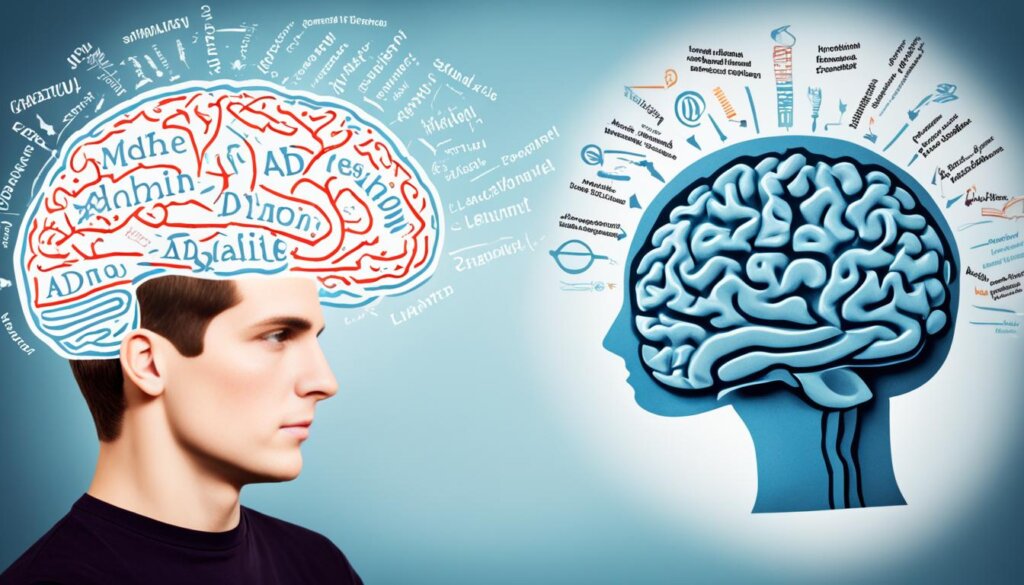
Ways to assist those with ADHD and LDs involve learning more about their conditions. This also includes trying different ways to manage their needs, thinking about medication, and working with professionals.
What Are Learning Disabilities?
Learning disabilities are brain-based issues that affect how people learn. Those with average or above-average intelligence may struggle. They usually face problems with reading, writing, math, and language.
Defining Learning Disabilities
LDs stem from genetic and environmental influences, not bad teaching or parenting. They change brain development and how information is handled. This can make it hard to learn certain skills, even if someone is smart overall.
Types of Learning Disabilities
Dyslexia, dyscalculia, and dysgraphia are some common LDs. These make reading, math, and writing tough. There are also issues like auditory and visual processing disorders. These can hamper reading, writing, and understanding others.
Common Learning Disabilities | Description |
|---|---|
Dyslexia | A reading disorder that makes it hard to understand written words fluently or correctly. |
Dyscalculia | A math disorder affecting how numbers and calculations are understood. This may also hinder math skills. |
Dysgraphia | A writing disorder. It leads to trouble making written work easy to read or understand. Often due to poor fine motor skills and spatial awareness. |
Auditory Processing Disorder | This condition affects how the brain processes sound. It can lead to problems with language development and comprehension. |
Visual Processing Disorder | A disorder making it hard to understand what the eyes see. It affects reading, writing, and spatial skills. |

The Relationship Between ADHD and Learning Disabilities
ADHD and learning disabilities often appear together, called comorbidity. Around half of those with ADHD are also diagnosed with an LD. Both conditions share problems like weak working memory and slow processing. Their mix can make school even harder, dealing with learning and focus issues. Recognizing and treating both is key to help in school and life.
Comorbidity of ADHD and Learning Disabilities
Between 30% and 50% of people with ADHD also have a learning disorder. Kids with ADHD are more likely to have an LD. Those with both face big troubles at school, needing help with reading, writing, and math skills.
Impact of Dual Diagnoses
Having both ADHD and an LD can make school much harder. Families and daily life are affected by learning struggles too. Thinking all problems are just ADHD might overlook LDs. These issues can run in families, linking parent and child learning difficulties.
Proper care and support for ADHD and LD are crucial. Research shows that the right help improves how well kids with both conditions do in school.

Causes and Risk Factors
The causes of ADHD and learning disabilities (LDs) are complex. Both genes and the world around us make a big difference. Genetic studies have shown a strong link to ADHD. They also suggest our surroundings and how our brain develops can lead to LDs. However, things like bad parenting, lack of teaching, or health problems are not direct causes of ADHD or LDs.
Genetic and Environmental Influences
ADHD is heavily tied to genetic factors. It’s estimated that 80% of the risk comes from family. Besides, things in our environment, like toxins or a mom using certain substances while pregnant, can also up the chances of having ADHD or LDs.
If someone in your family has ADHD or similar mental health issues, you might be more likely to get it too. Certain pesticides are suspected to be linked to ADHD. In addition, smoking, as well as alcohol and drug use while pregnant, might raise the risk.
The exact reasons behind ADHD and LDs are still not fully known. Yet, it’s clear that both our genes and what we’re exposed to matter. Knowing these factors helps find the root causes and ways to prevent or treat these conditions effectively.
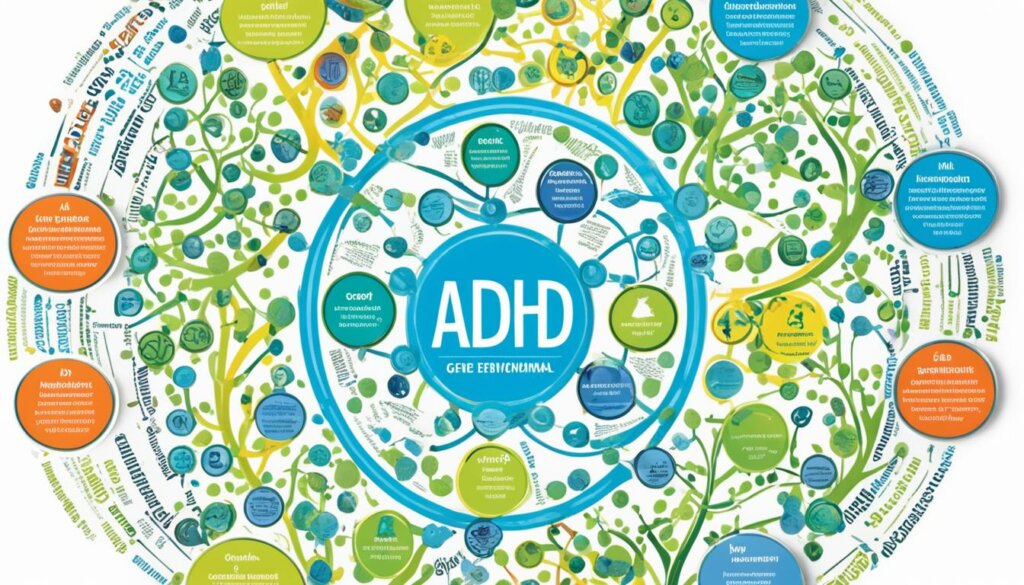
Diagnosis and Assessment
Diagnosing ADHD and LDs often takes a complete look at a person. This includes tests and talking with specialists. We check not only learning skills but also how the mind works. It’s also key to look at other problems that might seem like learning disabilities.
If other issues are there, they make finding the right diagnosis harder. This means experts need to be very careful to get it right. The right diagnosis helps choose the best help.
Evaluating for ADHD and Learning Disabilities
Psychologists with lots of training can spot LDs through special tests or with help from others. They understand how ADHD works but can’t give out medicines. School Psychologists work in schools and can find LDs. If they are in their own office, they can also find out about ADHD. They show ways to help with ADHD, but can’t give medicine.
Neuropsychologists are experts in how the brain works. They often work with other professionals to figure out LDs. They can also see if ADHD is there. Psychometrists focus on tests but might need extra training to look for ADHD.
Ruling Out Other Conditions
Talking and language specialists look at those skills. They help know if there’s a problem but don’t decide on ADHD or LD. People who help with moving and seeing might be part of the team too. They can’t say if someone has LD or ADHD.
Doctors that deal with the mind can say if someone has ADHD. They can also give out meds and do therapy. But they don’t make the call on LD. Other medical doctors can also find ADHD and treat it, but they don’t decide on LD either.
If someone has both ADHD and LD, it can be hard to see the LD. That’s because the two issues might look the same in some ways.
Treatment and Management Strategies
ADHD and learning disabilities (LDs) don’t have a “cure,” but there are ways to help. Medication, especially stimulants, can make a big difference. They can improve focus, attention, and control. Besides stimulants, there are nonstimulant medicines. Sometimes, doctors might suggest antidepressants for kids with ADHD. But, the FDA hasn’t okayed them for this use.
Behavioral Interventions
Cognitive-behavioral therapy and similar strategies can do wonders. They help with coping and self-control. Many social treatments can assist kids and families. Things like learning how to be better parents, managing stress, and joining support groups are very useful.
Educational Support and Accommodations
For LDs, getting the right school help is crucial. Specialized teaching methods, technology, and IEPs can make learning easier. If you have ADHD, certain classroom changes and plans can help, especially a 504 Plan or an IEP. These plans help kids with ADHD a lot. People with ADHD have rights under the law, ensuring fair treatment in school.
A team approach often works best for both ADHD and LD. Combining treatments can lead to the best results. Kids with ADHD often face learning disorders too, which can complicate things. The DSM-5 guides doctors in spotting both ADHD and LDs.
A professional’s help is key to getting the right diagnosis. Don’t hesitate to seek help if necessary. With the right support, even ADHD can’t stop someone from doing well in school.
Having ADHD doesn’t mean you can’t learn well. But, it can affect certain skills needed for learning. Executive function issues linked to ADHD may cause challenges in learning.
ADHD in Adulthood
ADHD doesn’t go away with age. Its signs may look different as we get older, but the main struggles stay the same. For grown-ups, hyperactivity might turn into always feeling on-the-go. Working memory, planning, and dealing with emotions can still be tough. This can affect work, relationships, and daily life a lot.
Symptoms and Challenges in Adults
Grown-ups with ADHD might still battle with attention, being impulsive, and feeling restless. These difficulties can lead to issues organizing time, finishing tasks, and handling feelings. They might have a hard time keeping up at work, hitting deadlines, sitting through meetings, or chatting with co-workers.
Workplace and Relationship Impacts
The effects of ADHD reach beyond work, affecting personal and social life too. Challenges with handling emotions and being impulsive can make relationships hard. Getting the balance right between work and personal life is often a struggle. Figuring out what’s most important and using time well can be a real challenge.
But, proper help and support can make a huge difference. By recognizing strengths and finding the best ways to deal with ADHD, people can do well in life and work. They can learn how to meet the challenges of adulthood and enjoy a rewarding life.
Strategies for Success
ADHD and learning disabilities (LDs) bring unique challenges. But, there are ways to help individuals beat these odds. Looking at strengths and abilities is key. This helps individuals grow in their natural talents and face challenges. A supportive setting, be it at school, work, or home, plays a big role too.
Building on Strengths and Abilities
People with ADHD or LDs often shine in certain areas. They might be great at solving problems, have strong spatial skills, or pay close attention to details. Acknowledging and celebrating these strengths is vital. It allows you to find strategies that help manage ADHD or LD.
Creating a Supportive Environment
A supportive setting is crucial for those with ADHD or LDs to thrive. This might mean getting special help, like more time on tests or shorter assignments. It could also involve using tools, such as visual reminders, to cope with ADHD. Working with teachers, bosses, and family to set up a supportive structure is very important.
Setting a student with ADHD up with a supportive classmate can help both kids. Good school plans for kids with ADHD need to cover teaching, behavior help, and changes in the classroom.
Conclusion
ADHD and learning disabilities (LDs) are different yet often seen together. They both can affect how we learn and our success in school and life. ADHD doesn’t exactly fall under LDs but it can make learning hard because it messes with how our mind’s “CEO” works. It’s key to know how ADHD and LDs are alike and different. This helps in offering the right kind of help and action.
By using the best methods, help, and making the environment friendly, people with ADHD or LDs can beat their problems. They can do well in school, work, and life. It all starts with focusing on what they are good at, rather than their difficulties. And, by ensuring the environment supports them, they can really shine.
Are you or someone you care about going through ADHD, LDs, or maybe both? Know that there are lots of help and support out there. By getting the right checks and support, you can open the door to your best self. You can reach your dreams, in school and beyond.

